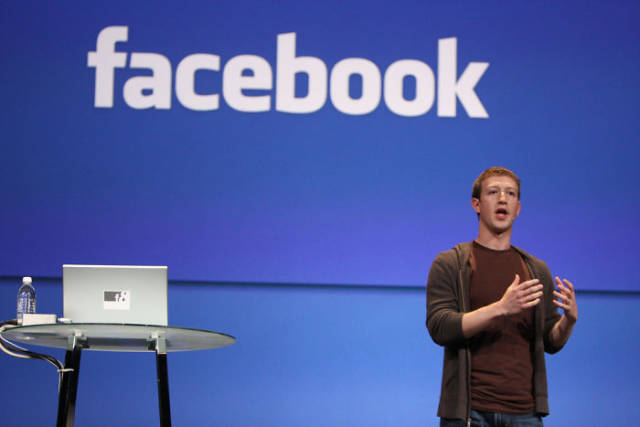The Facebook Experiment

In 2012 Facebook conducted a massive experiment on its users, unbeknownst to them. The social media giant manipulated the news feeds of 689,003 people for one week, prioritizing either positive or negative emotional content. They then tracked the updates that the unwitting users posted, to see if they had been influenced by the manipulated feeds.
What they found was that they could essentially make their users feel happier or sadder, in a process called ‘emotional contagion’. The study concluded by saying: "Emotions expressed by friends, via online social networks, influence our own moods, constituting, to our knowledge, the first experimental evidence for massive-scale emotional contagion via social networks."
While completely legal, we all sign up for Facebook voluntarily after all, the ethics of such mass manipulation are questionable. "People are supposed to be told they are going to be participants in research and then agree to it and have the option not to agree to it without penalty." One academic said in response to the controversial experiment.
The power that social media networks are beginning to exert over our lives is of increasing concern. Do you trust Facebook to look after your best interests? Or are you leaving yourself open to emotional manipulation for the benefit of advertisers? The study, while controversial, has opened a deeper discussion about online ethics and privacy, which can only be a good thing.